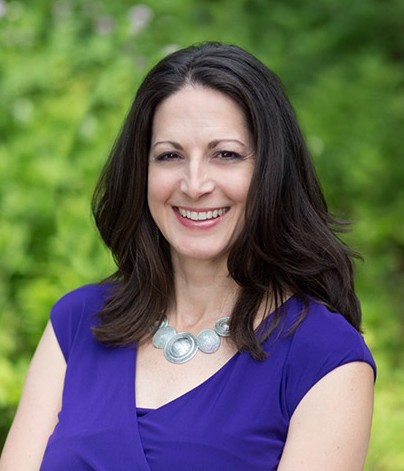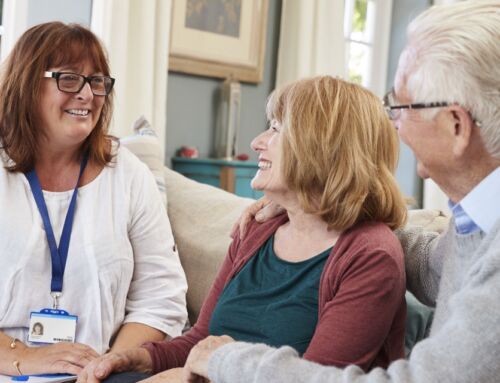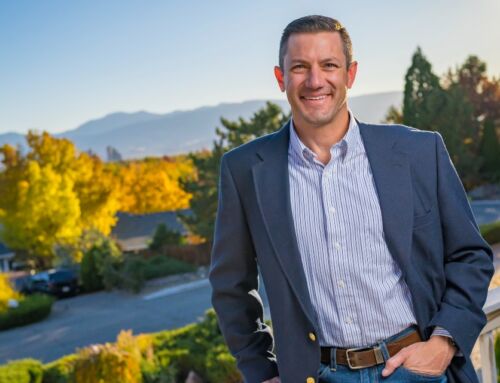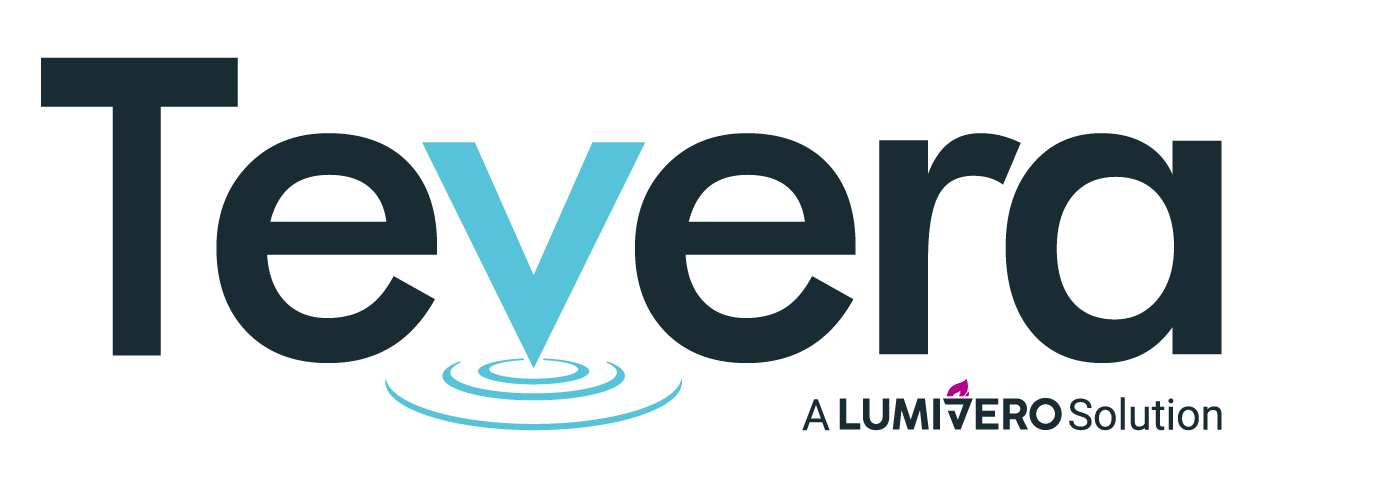OVERVIEW
We had the pleasure of sitting down with Tamie Gangloff, the National Outreach Director of Monte Nido and Affiliates to talk about career transitions, following your calling, and how finding the right job can feel like coming home.
[Read Part 1 of her interview here.]

Tamie Gangloff, MA MFT
National Outreach Director
Monte Nido & Affiliates
Q: How do you prepare someone for success working in the eating disorder recovery field?
When we graduate from grad school, if you want to work in the eating disorder field, my belief and experience is that really, you need to work in a treatment program of some kind whether it’s inpatient, residential, partial hospitalization. Because of its immersive nature, it’s something that’s very difficult to learn outside of a treatment center setting.
Q: What advice would you give students who are interested in going into this field (eating disorder treatment)?
Every day is different, and so I think it’s going in with the expectation that there’s always something unexpected that will happen. There’s always a new challenge, you’re going to see some things that you never thought you would see, and you’ll also be met with a lot of support and compassion, and a team so that you’re not in it alone if you are working in a treatment program. I think the biggest part is knowing that people fully recover, and we see that all the time.
When you’re in it in the trenches, it’s hard to see that. And so when you have a challenging meal with a client or session or a difficult group, remember you have a whole group of support behind you.
Q: It sounds like Monte Nido just has an incredible company culture. Can you tell me a little bit about that?
To me, it feels like coming home. I think part of it is, I’ll say on the therapy side, and it’s true I think for the other side of the company that we’re people first, therapists second. And so I’d say the same thing for the outreach team, for the admissions team, we’re people first. And so I think really being able to be real people and connect with each other is what makes Monte Nido so special.
Q: What’s the drive that keeps you going when it’s hard?
Remembering that we save lives here.
You see people like myself who go into the field and become clinicians after recovering. Or you’ll hear from people who’ve married and have kids now.
And so when we’re having a really hard day, I think just remembering that I might not see it today, but I know that somebody that went to our treatment centers is recovering or living a really full life right now.
Q: What advice would you give to recent and soon-to-be graduates?
If you can work in an eating disorder program, that would absolutely be number one. If you can, I would say reach out to your treatment providers. You’d be surprised how many people land jobs because they reached out initially just to get more information. And don’t be nervous about doing that because we [providers] want to support you and help you grow in the field.
Q: Are there any tips you’d share with a recent graduate on what to include in their resume?
When I’m looking at a resume, I don’t necessarily need to see eating disorder experience. For example, not all of our outreach managers came to us with eating disorder experiences. A good number did, but some came from the education side, some came from eldercare. So it’s more about the fit that you have.
So if you’re a recent graduate, you’ve had internships, right? Tell me more about what you did in that internship than just the dates you worked there. For instance, if you did things like we do with clients like you eat meals, or if you talked to families, or if you sat with clients when they were having a meltdown, those are the things that I think are really important for us to see. Starting a career in the helping professions requires many steps but is well worth the effort for practitioners and their clients.
Thank you Tamie for sharing your experience with us!
SOLUTIONS
RELATED POSTS
PRODUCT OVERVIEW
See how Tevera can elevate your program.
OVERVIEW
We had the pleasure of sitting down with Tamie Gangloff, the National Outreach Director of Monte Nido and Affiliates to talk about career transitions, following your calling, and how finding the right job can feel like coming home.
[Read Part 1 of her interview here.]

Tamie Gangloff, MA MFT
National Outreach Director
Monte Nido & Affiliates
Q: How do you prepare someone for success working in the eating disorder recovery field?
When we graduate from grad school, if you want to work in the eating disorder field, my belief and experience is that really, you need to work in a treatment program of some kind whether it’s inpatient, residential, partial hospitalization. Because of its immersive nature, it’s something that’s very difficult to learn outside of a treatment center setting.
Q: What advice would you give students who are interested in going into this field (eating disorder treatment)?
Every day is different, and so I think it’s going in with the expectation that there’s always something unexpected that will happen. There’s always a new challenge, you’re going to see some things that you never thought you would see, and you’ll also be met with a lot of support and compassion, and a team so that you’re not in it alone if you are working in a treatment program. I think the biggest part is knowing that people fully recover, and we see that all the time.
When you’re in it in the trenches, it’s hard to see that. And so when you have a challenging meal with a client or session or a difficult group, remember you have a whole group of support behind you.
Q: It sounds like Monte Nido just has an incredible company culture. Can you tell me a little bit about that?
To me, it feels like coming home. I think part of it is, I’ll say on the therapy side, and it’s true I think for the other side of the company that we’re people first, therapists second. And so I’d say the same thing for the outreach team, for the admissions team, we’re people first. And so I think really being able to be real people and connect with each other is what makes Monte Nido so special.
Q: What’s the drive that keeps you going when it’s hard?
Remembering that we save lives here.
You see people like myself who go into the field and become clinicians after recovering. Or you’ll hear from people who’ve married and have kids now.
And so when we’re having a really hard day, I think just remembering that I might not see it today, but I know that somebody that went to our treatment centers is recovering or living a really full life right now.
Q: What advice would you give to recent and soon-to-be graduates?
If you can work in an eating disorder program, that would absolutely be number one. If you can, I would say reach out to your treatment providers. You’d be surprised how many people land jobs because they reached out initially just to get more information. And don’t be nervous about doing that because we [providers] want to support you and help you grow in the field.
Q: Are there any tips you’d share with a recent graduate on what to include in their resume?
When I’m looking at a resume, I don’t necessarily need to see eating disorder experience. For example, not all of our outreach managers came to us with eating disorder experiences. A good number did, but some came from the education side, some came from eldercare. So it’s more about the fit that you have.
So if you’re a recent graduate, you’ve had internships, right? Tell me more about what you did in that internship than just the dates you worked there. For instance, if you did things like we do with clients like you eat meals, or if you talked to families, or if you sat with clients when they were having a meltdown, those are the things that I think are really important for us to see. Starting a career in the helping professions requires many steps but is well worth the effort for practitioners and their clients.
Thank you Tamie for sharing your experience with us!
OVERVIEW
We had the pleasure of sitting down with Tamie Gangloff, the National Outreach Director of Monte Nido and Affiliates to talk about career transitions, following your calling, and how finding the right job can feel like coming home.
[Read Part 1 of her interview here.]

Tamie Gangloff, MA MFT
National Outreach Director
Monte Nido & Affiliates
Q: How do you prepare someone for success working in the eating disorder recovery field?
When we graduate from grad school, if you want to work in the eating disorder field, my belief and experience is that really, you need to work in a treatment program of some kind whether it’s inpatient, residential, partial hospitalization. Because of its immersive nature, it’s something that’s very difficult to learn outside of a treatment center setting.
Q: What advice would you give students who are interested in going into this field (eating disorder treatment)?
Every day is different, and so I think it’s going in with the expectation that there’s always something unexpected that will happen. There’s always a new challenge, you’re going to see some things that you never thought you would see, and you’ll also be met with a lot of support and compassion, and a team so that you’re not in it alone if you are working in a treatment program. I think the biggest part is knowing that people fully recover, and we see that all the time.
When you’re in it in the trenches, it’s hard to see that. And so when you have a challenging meal with a client or session or a difficult group, remember you have a whole group of support behind you.
Q: It sounds like Monte Nido just has an incredible company culture. Can you tell me a little bit about that?
To me, it feels like coming home. I think part of it is, I’ll say on the therapy side, and it’s true I think for the other side of the company that we’re people first, therapists second. And so I’d say the same thing for the outreach team, for the admissions team, we’re people first. And so I think really being able to be real people and connect with each other is what makes Monte Nido so special.
Q: What’s the drive that keeps you going when it’s hard?
Remembering that we save lives here.
You see people like myself who go into the field and become clinicians after recovering. Or you’ll hear from people who’ve married and have kids now.
And so when we’re having a really hard day, I think just remembering that I might not see it today, but I know that somebody that went to our treatment centers is recovering or living a really full life right now.
Q: What advice would you give to recent and soon-to-be graduates?
If you can work in an eating disorder program, that would absolutely be number one. If you can, I would say reach out to your treatment providers. You’d be surprised how many people land jobs because they reached out initially just to get more information. And don’t be nervous about doing that because we [providers] want to support you and help you grow in the field.
Q: Are there any tips you’d share with a recent graduate on what to include in their resume?
When I’m looking at a resume, I don’t necessarily need to see eating disorder experience. For example, not all of our outreach managers came to us with eating disorder experiences. A good number did, but some came from the education side, some came from eldercare. So it’s more about the fit that you have.
So if you’re a recent graduate, you’ve had internships, right? Tell me more about what you did in that internship than just the dates you worked there. For instance, if you did things like we do with clients like you eat meals, or if you talked to families, or if you sat with clients when they were having a meltdown, those are the things that I think are really important for us to see. Starting a career in the helping professions requires many steps but is well worth the effort for practitioners and their clients.
Thank you Tamie for sharing your experience with us!



















